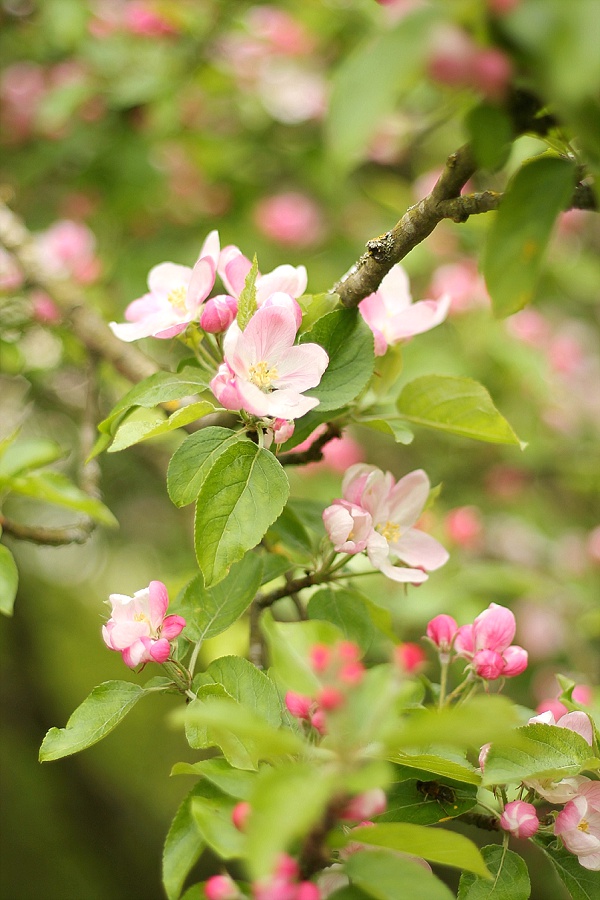‘Perfectionism is not a quest for the best. It is the pursuit of the worst in ourselves, the part that tells us that nothing we do will ever be good enough – that we should try harder.’ – Julia Cameron
I have always been a perfectionist.
As a child, I discarded doodles and drawings that I felt didn’t make the grade, screwing them into tight little balls before tossing them away. At primary school, I laboured over the presentation of my written work to the point of obsession, tearing pages from my exercise book if my handwriting wasn’t up-to scratch. In secondary school, I went all out on big projects and assignments, often going above and beyond what was expected because my self-imposed standards were far more exacting than those of my teachers.
In many ways, these things did me no harm. Perfectionism made a high-achiever of me, simply because nothing less than top marks would do. I vividly remember sitting in a cavernous lecture theatre on my first day at university, quietly scribbling notes as I listened to the head of department explain that very few of us would achieve a first. With those words, my goal was set. I was a model student, rarely missing a lecture and always finishing essays ahead of time. I pushed and pushed until I achieved what I had set out to do, often at the expense of my own health and wellbeing.
When perfectionism pays off, it feels fantastic, but it has its drawbacks. At its core, it is an attempt to avoid all rejection, all criticism and all failure. It is an unspoken need for love and acceptance that often goes hand-in-hand with crushing self-doubt.
As I get older and the fearlessness of my twenties becomes more and more elusive, perfectionism seems to prevent me from putting myself out there at all. I’ve started to lose count of the things I haven’t written and the pictures I haven’t taken because I believe they won’t be good enough. Beyond formal education, it’s much more difficult to achieve the absolute ideals of perfectionism because real life doesn’t come with a neatly organised system of grades and rewards.
However, perfectionism still manages to permeate almost every aspect of my life. At home, it can be seen in my ceaseless need for organisation and order, my deep loathing of clutter, and the constant frustration caused by unfinished DIY projects! At work, it’s the imposter syndrome that plagues me, my inability to see the bigger picture, and a niggling sense that I should be doing more, accomplishing more, earning more. As a mother, it’s guilt, exhaustion, and the horror I feel when I realise my eldest is probably a perfectionist too.
Despite current debate about the undue pressure inflicted on us all by social media, I couldn’t care less about the version of perfection that is being broadcast daily via Instagram and the like. I know these images are contrived, that the lifestyle they seem to promote does not exist.
For me, perfectionism has never been about comparing myself to others. There are times when I feel like a complete contradiction because I suspect what I’m striving for is a perfectly imperfect life. I want the beautiful mess, the creativity and the mistakes, but I want them to be perfect. Confused? Me too.
It strikes me that there’s little to be gained by telling a perfectionist that they’re chasing something unattainable. Deep down they probably already know. I think what I need to understand and, more importantly, accept is the subtle and important difference between excellence and perfection.
Consider me a wonderfully imperfect work in progress. How about you?
Love Audrey xxx




Perfectly put!
There’s a lovely song by Ani diFranco called Imperfectly, go and have a listen 😉
X
I’ve just had a listen and it’s beautiful! Thank you for sharing Charlee.
xxx
I really relate to this post. I’d recommend that you have a look at a couple of TED talks by Brene Brown. I’m reading some of her work, and it’s hit home for me that perfectionism in my life is a way for me to absolve myself of getting down to the dirty work of being alive.
If *I* am perfect, if I dress perfectly, behave perfectly, present perfectly, have a perfectly presentable house, then surely my *life* will be perfect, no? Surely then the issues in my relationships will disappear, because I will have a perfect life?
But it doesn’t work like that, at least not for me (please do understand I am talking about myself here, not you! But I can relate). It’s dirty work, being alive, searching for contentment and meaning, and that means we need to vulnerable. Perfect marks won’t protect us from feeling embarrassed or ashamed or hurt from time to time. We need to be able to brush ourselves off and get on up again, moving forward each time.
Your comment really made me think Sam, so thank you! Definitely going to hunt down the TED talks you mentioned. Here’s to moving forward!
xxx
Great post Franky. I think that you’ve got it spot on what you said about understanding and accepting the subtle difference between excellence and perfection. Sometimes it’s really hard to be “me” isn’t it!
I’m just too laid back. My husband wishes I wasn’t so. He gets worked up about the state of the nation/world/ universe and I’m thinking “everything will work out ok in the end” It infuriates him! I procrastinate frequently and regret that I haven’t made more of my life on the career front. We are who we are. Be a perfectionist. Be you. Be happy!
Those are such wise words Brigette! I don’t think I’ll ever change that part of my personality completely, but I hope that I can give myself a break every now and then. xxx